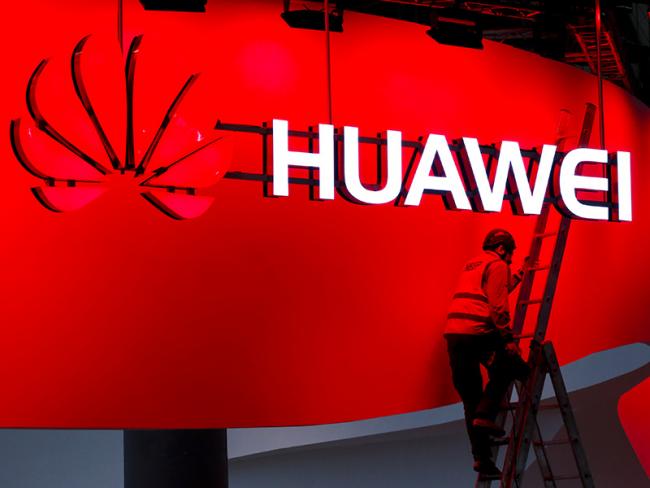(Bloomberg) -- Rising global concerns over security aren’t impeding sales of Huawei Technologies Co. for now, although that may change if government pressure, led by the U.S., forces mobile operators to delay investments, an official at the Chinese company said Wednesday.
U.S. lawmakers and the administration of President Donald Trump have said Huawei poses a potential security threat and Secretary of State Michael Pompeo this week urged allies to shun the Shenzhen-based company. Huawei has said that it’s privately held, doesn’t take orders from the Beijing government, and wouldn’t do so because that would ruin its global business.
“At this point in time we do not see a slowdown in sales on Huawei network gear or on devices,” Huawei’s Cyber Security Officer and Privacy Officer Jaap Meijer told reporters in Warsaw. “Let there be no mistake, if the situation that’s taking place will continue for a lot longer then at some point in time of course it will impact our business progress as well.”
Huawei founder Ren Zhengfei said in mid-January that he was confident his company’s revenue would grow to $125 billion in 2019 from more than $100 billion last year.
Huawei is in talks with governments across Europe on security standards for new technology, although it’s been unable to engage the U.S. in similar negotiations. Pompeo came close to issuing an us-or-them ultimatum to European nations buying from the company, saying in Hungary on Tuesday that contracts with the giant could limit the availability of U.S. equipment.
This poses risks to a speedy roll-out of fifth-generation mobile technology infrastructure, of which Huawei is a leading global supplier. The company’s future growth in Poland has been under scrutiny since one of its employees was arrested last month on suspicion of espionage, along with a former Polish security services agent.
Asked if Pompeo’s remarks constituted bullying, Huawei U.S. Chief Security Officer Andy Purdy, said: “We hope that the determination and forcefulness that is being expressed against us can be channeled into efforts to better” define and mitigate risks, which should lead to stricter standards for all suppliers.
(Updates with more comments and background from fourth paragraph.)
